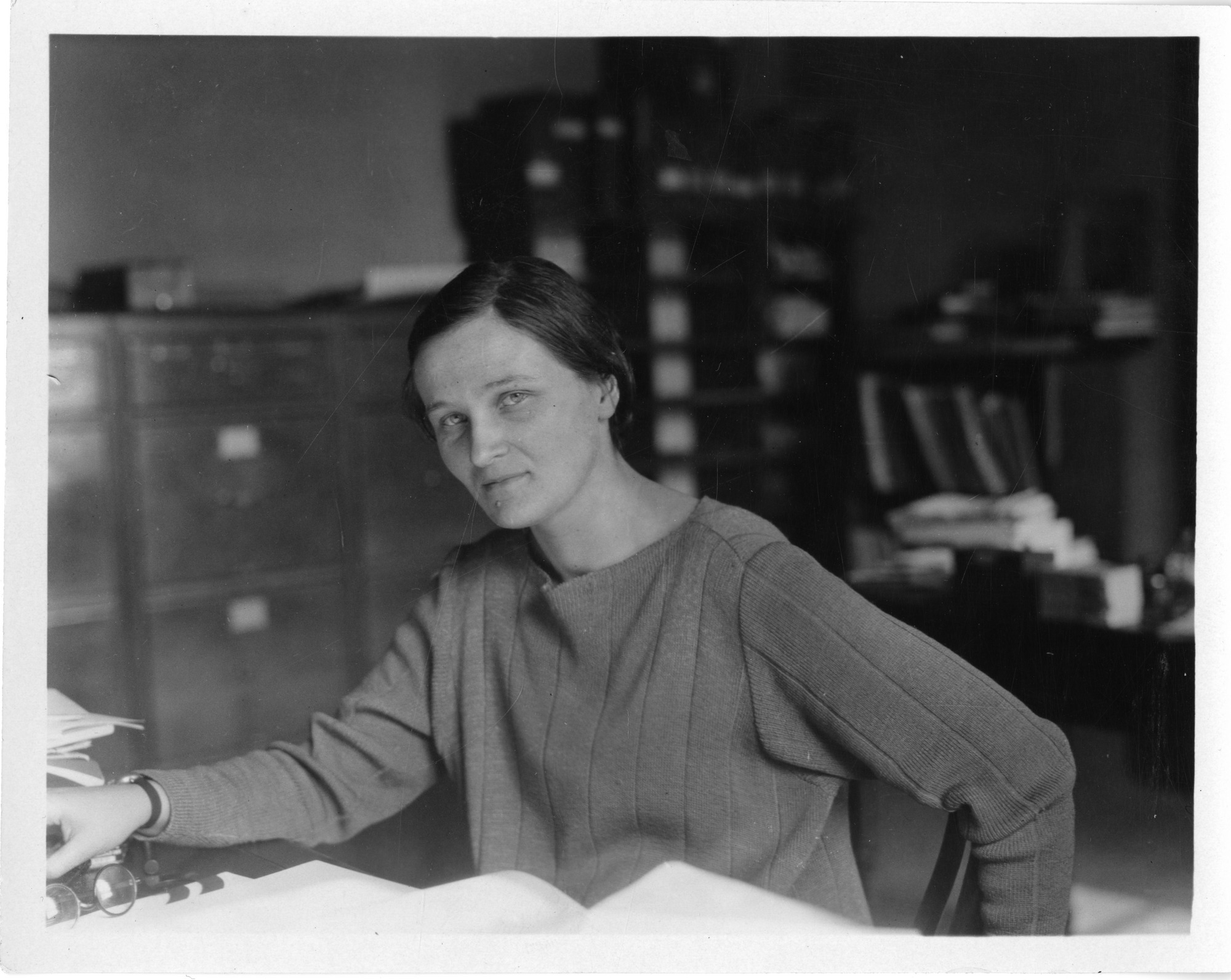
Without even being awarded with a degree after completing her studies at Cambridge University (because women only receive degrees from Cambridge since 1948!), Cecilia Payne‘s dissertation was “undoubtedly the most brilliant Ph.D. thesis ever written in astronomy.” according to astronomer Otto Struve.
After her father died when she was four years old, her mother had to raise Cecilia and her 2 siblings on her own, thus deciding not to spend money on Cecilia’s college education, but on her brother’s (who became an archeologist). In 1919, Payne won a scholarship to Cambridge University, where she started to study botany and later on also physics and chemistry. Her London school did not teach either physics or chemistry, but botany, so this is where she discovered her first field of interest.
Realizing that she would not be able to work in research, but only as a teacher, in the UK, she decided to move to the US on a grant encouraging women to work at Harvard Observatory. She was the 2nd woman to work there, following Adelaide Ames.
In her work, Payne accurately related the spectral classes of stars to their actual temperatures. Her thesis established that hydrogen was the overwhelming constituent of the stars, and thus the most abundant element in the Universe.
Officially not having an official position, Payne remained scientifically active as a technical assistant to Harlow Shapley (the Director of the Harvard Observatory) from 1927 to 1938. When she was at one point considering to leave Harvard because of her low status and poor salary, Shapley made efforts to improve her position. In 1938 she was given the title of “Astronomer”, which she later asked to have changed to Phillips Astronomer. Until 1945, none of the courses she taught at Harvard were recorded in the catalogue.
she was the first woman to be promoted to full professor from within the faculty at Harvard’s Faculty of Arts and Sciences (1956). With her appointment to the Chair of the Department of Astronomy, she also became the first woman to be head of a department at Harvard.